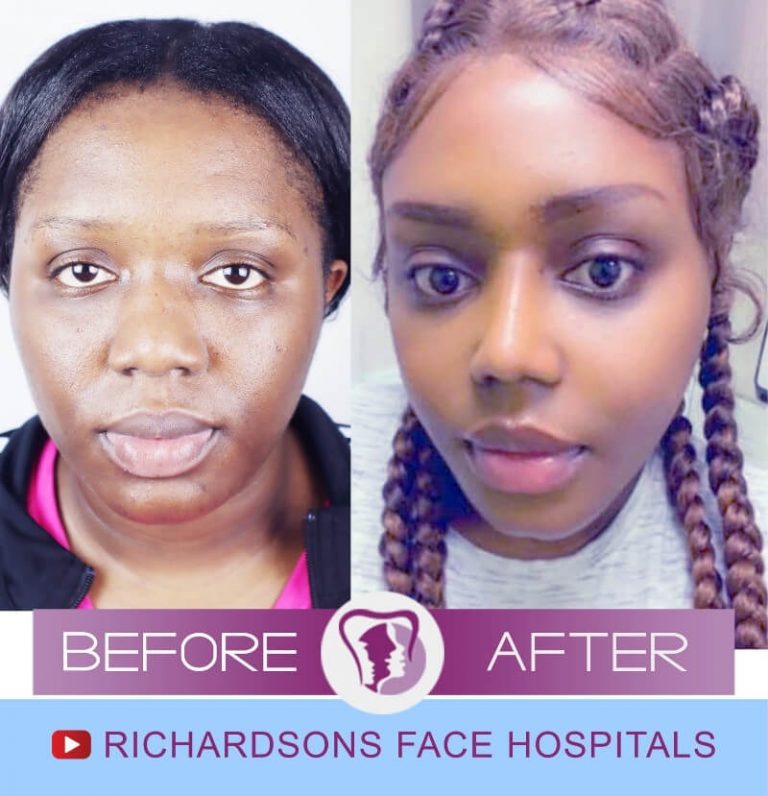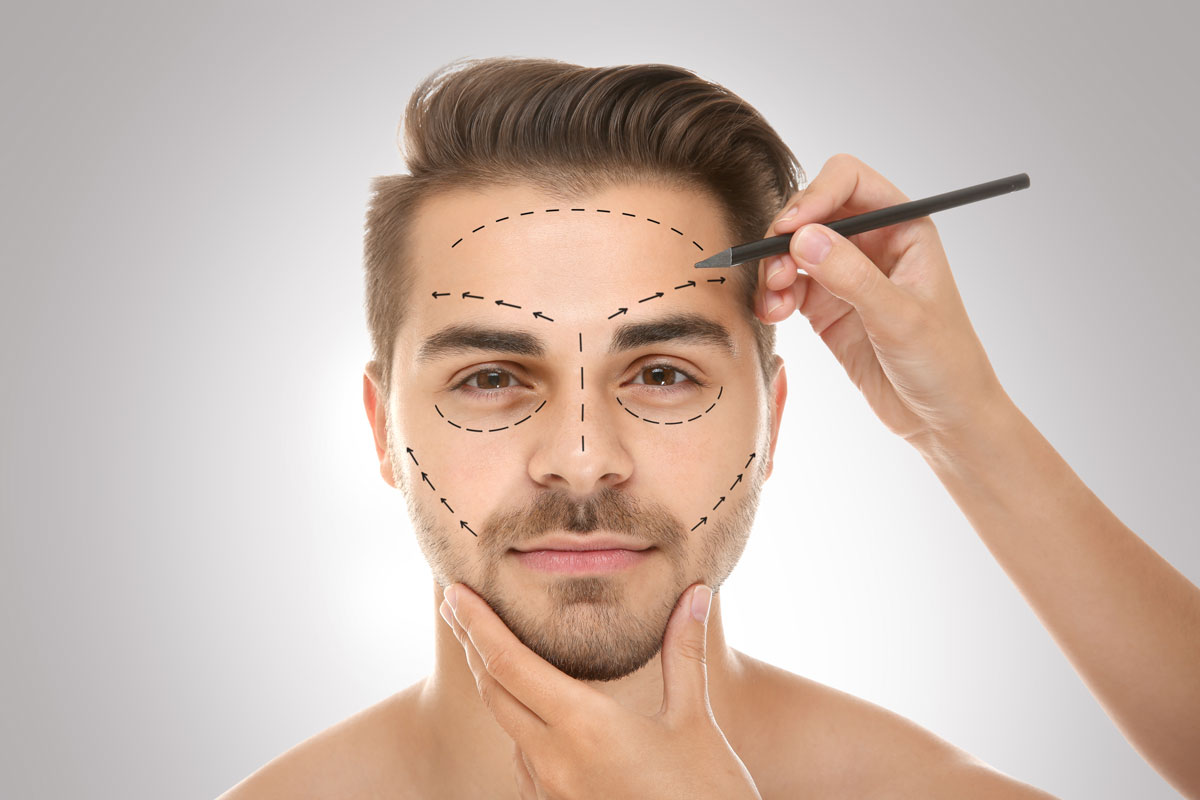A Deep Study the Common Validation for Seeking Aesthetic Surgical Treatment: Unpacking the Desire for Change and Self-Improvement
The motivations behind the search of cosmetic surgical treatment expand beyond simple visual enhancement, showing a nuanced interaction of social assumptions, personal desires, and psychological variables. This examination motivates critical concerns about the ethical implications and future trajectories of aesthetic procedures, inviting further expedition right into the complexities of self-improvement and identity.
Social Stress and Beauty Standards

The influence of these elegance suitables can be extensive, instilling a sense of inadequacy in those that do not conform. Therefore, lots of may look for plastic surgery as a way of aligning their look with these societal assumptions. mommy makeover bellevue. This desire for consistency can originate from a broad selection of motivations, consisting of the desire for improved social condition, enhanced romantic prospects, or boosted expert opportunities
Furthermore, these pressures are not limited to particular demographics; they impact people throughout various ages, genders, and histories, highlighting the pervasive nature of charm standards. This extensive influence increases vital inquiries about the values of plastic surgery and the effects of social standards on private selections. Inevitably, comprehending these pressures is critical for fostering a more comprehensive meaning of charm that celebrates variety.
Individual Experiences and Transformative Stories
Many people that undertake cosmetic surgical procedure report transformative experiences that expand past simple physical modifications. For lots of, these treatments serve as a driver for improved self-confidence and a restored sense of identification. Clients frequently explain feeling liberated from long-lasting instabilities, leading to increased self-confidence in both expert and personal realms.
Take, for instance, the story of a young woman who undertook breast augmentation after years of feeling self-conscious regarding her appearance. Post-surgery, she reported not only a newly found convenience in her body yet also a substantial enhancement in her social life and profession opportunities. Likewise, a middle-aged guy who chose to go through a renovation shared just how the treatment renewed his outlook on life, triggering him to seek new interests and connections.
These individual stories emphasize the extensive impact cosmetic surgical procedure can carry people' lives. As they embrace their transformed selves, lots of locate empowerment in their selections, usually utilizing their experiences to motivate others considering comparable journeys. Ultimately, these transformative stories highlight the multifaceted reasons people look for plastic surgery, linking individual development with the search of visual improvement.
Mental Aspects Behind Plastic Surgery
Countless emotional aspects contribute to the choice to undergo cosmetic surgery, showing deeper psychological and psychological health considerations. Individuals frequently seek medical enhancements as a way to attend to sensations of inadequacy, reduced self-worth, or discontentment with their look. These emotional inspirations can be rooted in past experiences, social comparisons, or individual aspirations.
Body photo distortion is a common problem, where individuals perceive their physical features in an exaggeratedly adverse light. This distortion can bring about compulsive thoughts regarding regarded problems, motivating the need for surgical alteration as a remedy - mommy makeover bellevue. Furthermore, the search of perfection and societal pressures can amplify these sensations, see this page pushing individuals towards aesthetic treatments in hopes of achieving an idealized variation of themselves
Moreover, the concept of self-improvement plays a crucial role. Lots of individuals see plastic surgery as a pathway to boost their top quality of life, thinking that improved appearance will certainly bring about enhanced social acceptance, much better partnerships, or boosted profession possibilities. Eventually, the psychological factors behind cosmetic surgical procedure highlight the intricate interaction in between private self-perception and outside impacts, exposing the diverse nature of the desire for adjustment.

The Function of Media in Assumption
In today's society, media plays a critical duty fit understandings of elegance and self-regard. Via various systems-- social media sites, tv, and advertising-- idealized criteria of appeal are usually shared, influencing specific goals and self-image. These portrayals frequently emphasize slim meanings of appearance, predominantly including younger, slim, and electronically enhanced images, which can create impractical criteria for individuals making every effort to adhere.
The influence of media is more intensified by the pervasive nature of social media sites, where customers are bombarded with curated content that highlights cosmetic improvements, supporting a culture of contrast. This constant exposure can bring about sensations of insufficiency amongst viewers, prompting them to consider cosmetic surgery as a way of achieving the viewed suitable. Research study indicates that individuals who engage with these media depictions are most likely to express dissatisfaction with their look, enhancing the need for medical interventions.
Moreover, the normalization of plastic surgery in media stories can desensitize audiences, mounting such treatments as commonplace and also required for social approval. Therefore, the media's portrayal of beauty not only influences specific selections concerning plastic surgery yet likewise adds to a see here now wider social discussion concerning self-respect and identity.
Future fads and ethical factors to consider
Amid the expanding popularity of plastic surgery, moral factors to consider bordering the technique have actually come to be progressively popular. As the demand for procedures climbs, so too do issues concerning educated approval, the emotional inspirations of patients, and the potential for exploitation by doctors. It is vital for professionals to ensure that patients totally recognize the advantages and dangers, as well as the effects of their selections, to foster a liable approach to cosmetic enhancements.
Additionally, the influence of social networks and charm standards increases questions regarding the effect on psychological wellness, especially amongst at risk populations. As understanding of body picture concerns grows, moral technique demands a mindful analysis of the motivations behind surgical interventions. Doctors must stabilize person desires with honest obligation, making sure that choices are rooted in genuine self-improvement as opposed to social stress.

Verdict
In verdict, the pursuit of cosmetic surgery is affected by an assemblage that site of social pressures, personal experiences, and mental aspects. As ethical considerations evolve, future fads in cosmetic surgical procedure will likely reflect continuous societal dialogues bordering self-improvement and specific identity.
Regularly, societal pressures and dominating elegance requirements play a significant role in individuals' choices to go after cosmetic surgical treatment. Eventually, these transformative tales highlight the multifaceted reasons individuals look for cosmetic surgery, linking individual development with the search of aesthetic enhancement.
Many individuals watch cosmetic surgical treatment as a path to enhance their quality of life, thinking that improved appearance will certainly lead to enhanced social acceptance, far better connections, or boosted job possibilities. Inevitably, the emotional variables behind cosmetic surgical treatment underscore the intricate interaction in between private self-perception and exterior impacts, disclosing the complex nature of the desire for modification.
As honest considerations evolve, future trends in cosmetic surgical procedure will likely reflect recurring societal discussions bordering self-improvement and private identity.